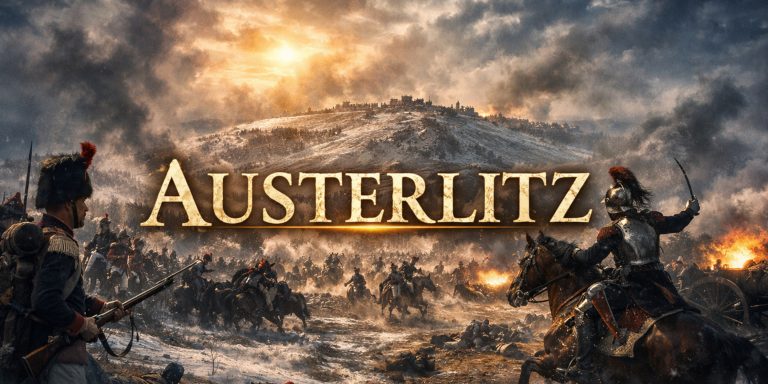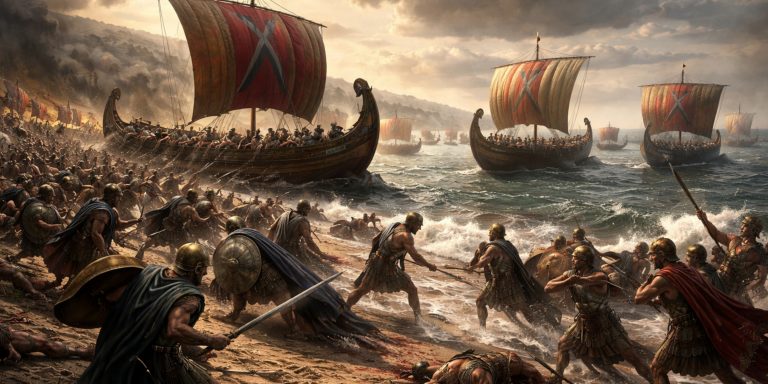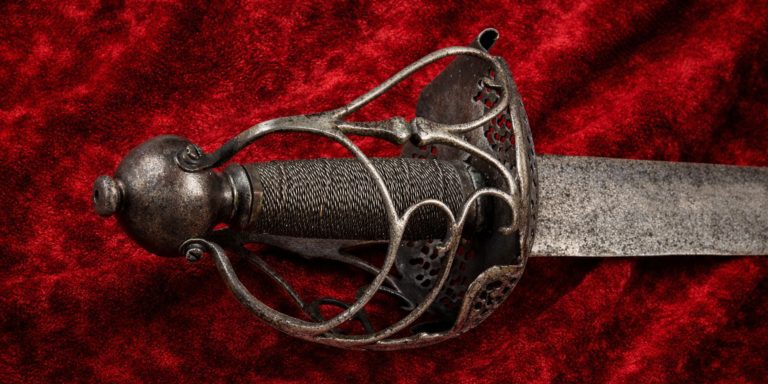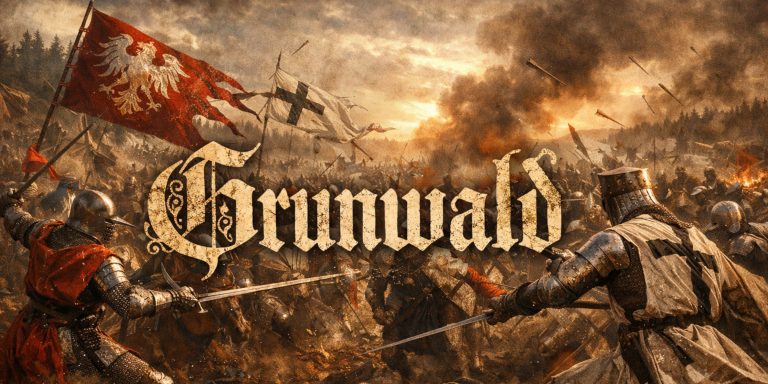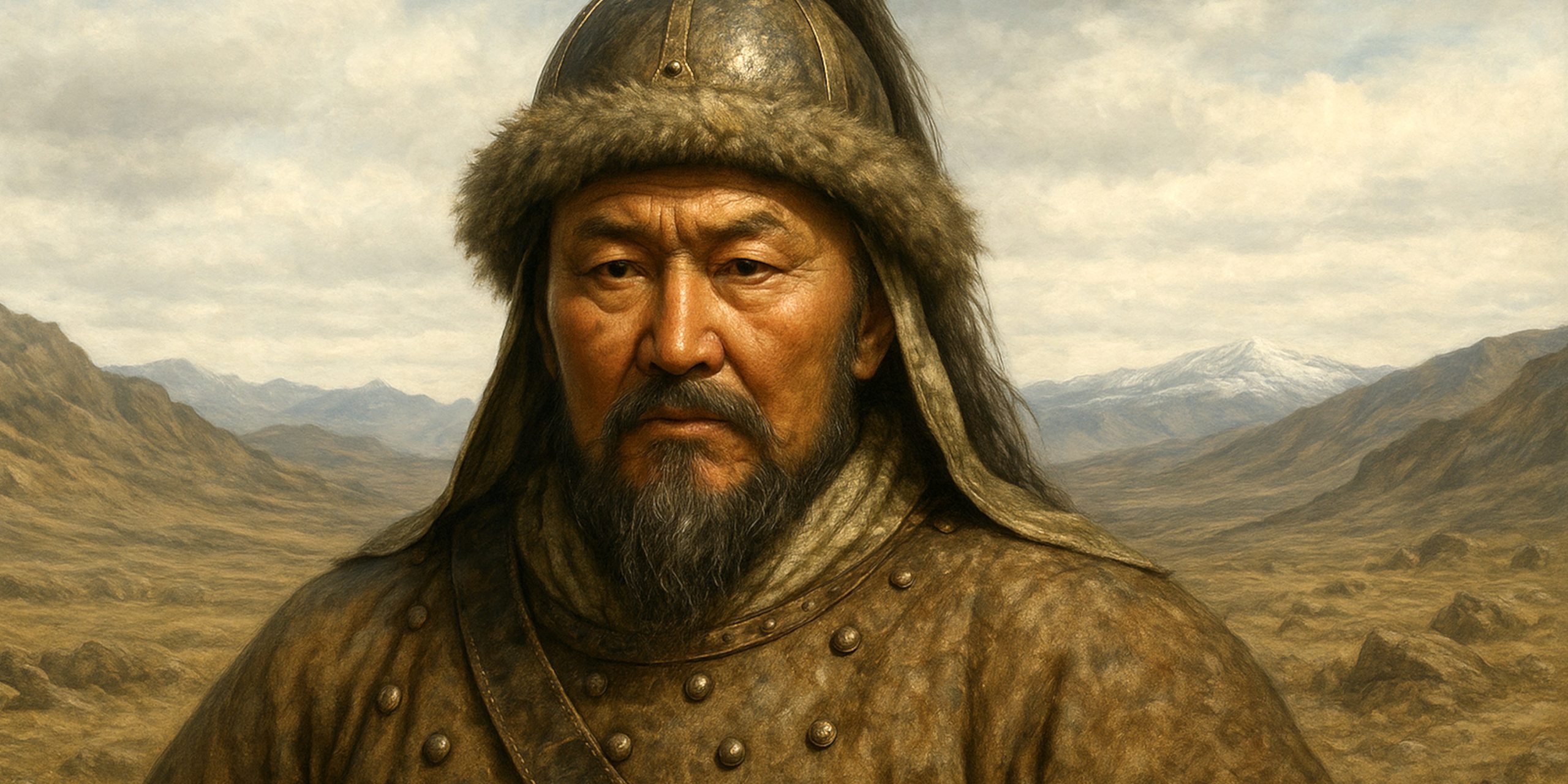
Few figures in world history carry as much baggage as Genghis Khan. For some, he is the epitome of barbarism, a horseman who left only blood and ashes in his wake. For others, he is a military genius who forged one of the greatest empires ever seen. The truth, as always, is messier, funnier, and more complicated. What follows is a historian’s attempt to untangle seven facts from seven myths that have clung to the name of the great khan like burrs on a steppe cloak.
7 Facts About Genghis Khan
1. He United the Mongol Tribes
Before Temüjin (his birth name) came along, the Mongolian steppe was a patchwork of feuding clans. He stitched them together through alliances, warfare, and the occasional brutal purge. Without this unification, there would have been no Mongol Empire.
2. He Created the Largest Land Empire in History
By the time of his death in 1227, Genghis Khan’s empire stretched from Korea to the Caspian Sea. His successors carried it further, but the foundations were his.
3. He Revolutionised Cavalry Warfare
The Mongols were not simply wild horsemen. They were tacticians of the highest order, using feigned retreats, lightning strikes, and complex signalling systems to confound enemies who often outnumbered them.
4. He Embraced Religious Tolerance
Despite the stereotype of indiscriminate destruction, Genghis was remarkably pragmatic about religion. He allowed Buddhists, Muslims, Christians, and others to practise freely so long as they recognised his authority.
5. He Established a Communication Network
The Mongol Empire’s yam system was essentially a medieval postal service, complete with relay stations, fresh horses, and official passes. Without it, ruling such a vast empire would have been impossible.
6. He Promoted Merit Over Birth
Although he began life as the son of a minor tribal chief, Genghis valued loyalty and ability over aristocratic lineage. Many of his top generals came from humble origins, some even from enemy tribes he had conquered.
7. He Died on Campaign
The great khan died in 1227 while campaigning against the Western Xia dynasty in China. The exact circumstances are uncertain, but what is clear is that he was still leading armies at the time, not lounging in retirement.
7 Myths About Genghis Khan
1. He Was a Mindless Destroyer
Yes, Mongol campaigns were devastating, but Genghis was not simply a butcher. His strategies were calculated, aimed at consolidating power and intimidating others into submission. If a city surrendered quickly, it was often spared.
2. He Was a Primitive Barbarian
Contemporary accounts sometimes painted him as uncivilised, but he codified laws, introduced trade protections, and encouraged literacy. The Mongol Empire was not without its own form of order.
3. He Was Illiterate
This is often repeated, but it is not entirely accurate. While it is unlikely he mastered reading and writing himself, he surrounded himself with literate advisers, commissioned laws in writing, and ensured his empire was run through recorded orders.
4. He Slept With Every Woman in Asia
The claim that Genghis fathered millions of descendants is an exaggeration born of genetic studies misinterpreted by headlines. Yes, he had multiple wives and concubines, but the numbers often quoted belong to pub talk, not serious history.
5. He Destroyed Entire Civilisations
The Mongols did sack cities, sometimes horrifically, but they did not wipe out civilisations wholesale. In fact, they integrated conquered peoples into their empire, employing administrators, engineers, and craftsmen from across Eurasia.
6. His Burial Site Is Known
Legends abound, but the location of Genghis Khan’s tomb remains one of history’s great mysteries. From rivers diverted to secret massacres of builders, the stories are plentiful, but the grave has never been found.
7. He Was Universally Hated
For Europeans and Persians, he was a terror. For Mongols, he is a national hero, credited with forging a nation and giving them an enduring place in history. His reputation depends entirely on where you are standing.
The Seven Swords Takeaway
History is never neat, and Genghis Khan is proof of that. He was a destroyer and a builder, a killer and a lawgiver. Myths and facts swirl together until they are almost indistinguishable, but separating them reveals a man who was far more complex than the caricature of a bloodthirsty nomad. He left scars across continents, but he also reshaped the world in ways that still echo today.

